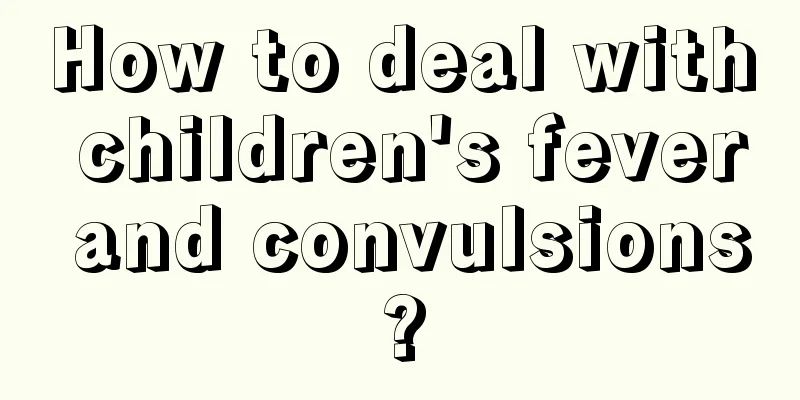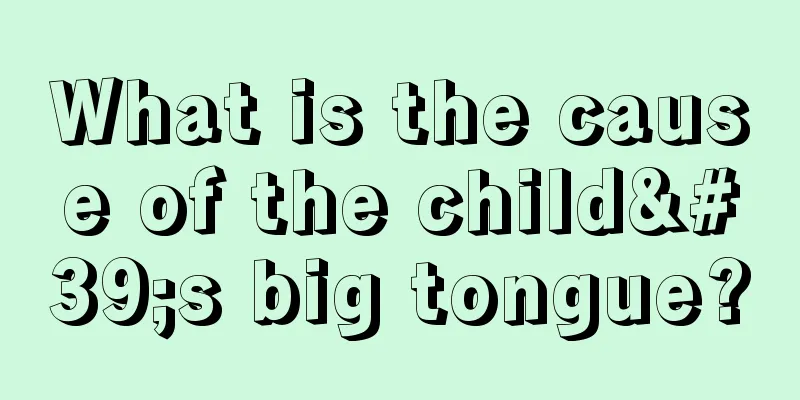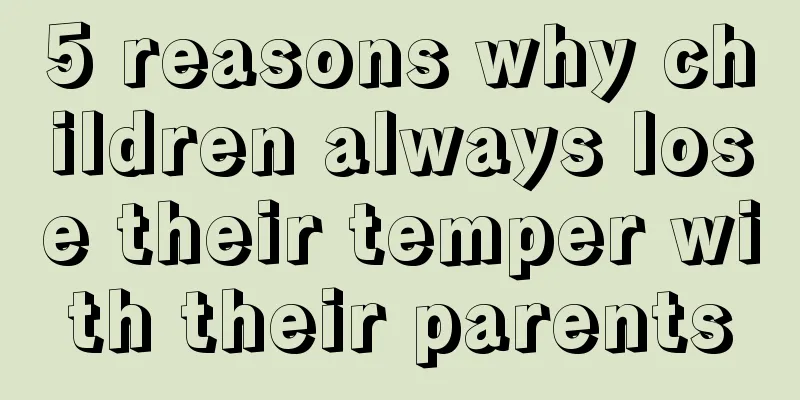Two-month-old baby's intellectual development

|
Since the baby is born, almost every day is different. As the child continues to grow, parents must understand the child's physical development, which includes the very important intelligence. However, it is difficult to judge the intelligence of a two-month-old baby. This requires us to understand some indicators and compare the children's conditions based on the indicators. So, what are the intellectual development indicators for a two-month-old baby? Let’s take a look below. If a two-month-old baby grows well, his weight can increase by 30 grams every day. However, the baby's growth rate is closely related to his development level. The baby's face becomes flat, with a wide nose, smooth face, fair skin, narrow shoulders and hips, short neck, round chest and belly, and arms and legs are also rounder. He always likes to bend his hands and make fists. When your baby lies on his back, his body position is symmetrical. When lying on your stomach, you can lift your head and look around, with your lower neck 5 to 7 centimeters off the bed, and you can keep your head up for 1 to 2 seconds. Compared to the first month, the head no longer tilts forward immediately. If you sit with your shoulders supported, your head will lean forward. If you support your chest and abdomen, your head can be at the same height as your torso.Two-month-old babies will occasionally make vowel sounds similar to "a" and "o", and may also coo or dudu. He will also concentrate when his parents talk to him. If the parent raises the pitch or slows down the voice, the baby may smile. In addition, the baby can look at objects in a coordinated manner and can distinguish colors, but cannot distinguish depth. The eyeballs can move with objects within a 90-degree range. When an object approaches the eyes quickly, protective reflexes such as blinking will appear, and the baby will look at the hand for more than 5 seconds. They are very sensitive to sounds and will react differently to familiar or unfamiliar sounds. Adults can talk softly to the baby, or play some soft music, making sounds in different directions of the baby, and the baby will turn his head towards the source of the sound.
Fingers: The fingers can open and close by themselves, can be played with in front of the chest, and can suck the thumb. Lower limbs: The baby's lower limb motor development begins at 2 months, when the baby is in the prone position and can kick alternately. Small movements: looking at the little hands; passive grasping of the hands; grasping; persisting in "walking"; practicing. Big movements: lift head; practice turning head; born with the ability to crawl. Movements: During this month, many of your baby's body movements are still reflexive, for example, every time he turns his head, he adopts a defensive position. Vision: At this point, the child still cannot see objects clearly beyond 30 cm, but can pay attention to objects within 30 cm. Hearing: Babies like human voices, and their mother’s voice is their favorite.Language: Imitates facial movements; makes funny sounds and can say “ah, ah, ah, ah” to himself and make vowels. Social: This month, your child will spend more time each day observing the people around him and listening to their conversations. The baby will also have some preference for the relatives who take care of the baby. The person who takes good care of the baby for a long time will be particularly close to the baby. Emotion: When your baby is in a good mood, make a variety of facial expressions to him so that he can gradually learn to imitate facial movements or smiles. Cognition: visual concentration; audio-visual orientation; smell and taste training. By the end of around 2 months, due to the increase in visual and auditory connections, which have a common ability to distinguish, the baby will show a preference for a certain picture and happily gaze at his favorite poster. Independence: Babies at this stage have already started sucking their fingers. Parents should stop them immediately, but analyze the reasons and provide guidance. During this stage, the baby's feeding intervals become longer than last month, and his life begins to become regular. He will have regular bowel movements in the morning and sleep longer at night, gradually approaching a day and night rhythm. |
<<: What to check for babies on their 42nd day
>>: Developmental indicators of a two-year-old and nine-month-old baby
Recommend
Treatment of neonatal hemangiomas
Neonatal hemangioma is undoubtedly a very common ...
What’s wrong with my one-year-old baby always picking his nose?
Speaking of picking the nose, this habit is natur...
At what age should you train your baby to urinate and defecate?
Many parents are very troubled by their children&...
Can children drink coffee?
Coffee is a drink that is popular with many peopl...
How to treat foamy poop in three-month-old baby
The baby's health is a matter of particular c...
The child had a high fever of 39 degrees 5 overnight
Parents should always pay attention to changes in...
Why is a three-year-old baby vomiting?
The phenomenon of three-year-old babies vomiting ...
What should I do if my child has asthma and cough?
People of different age groups suffer from asthma...
What to do if your child has a recurring low-grade fever
Parents should never ignore children's repeat...
What’s going on when my baby has small red bumps on the palms of his hands?
Many mothers may find that their babies have smal...
My baby is one and a half months old and has green poop
A baby of one and a half months is actually still...
How to treat peeling of the fingertips in children
The growth of a child affects the hearts of many ...
What should I do if my child has prickly heat?
Prickly heat is the most common skin problem in c...
What should I do if my child has strabismus and amblyopia?
The baby's eye health is very important for t...
Causes of Autism
There are actually many causes of autism. Why is ...









